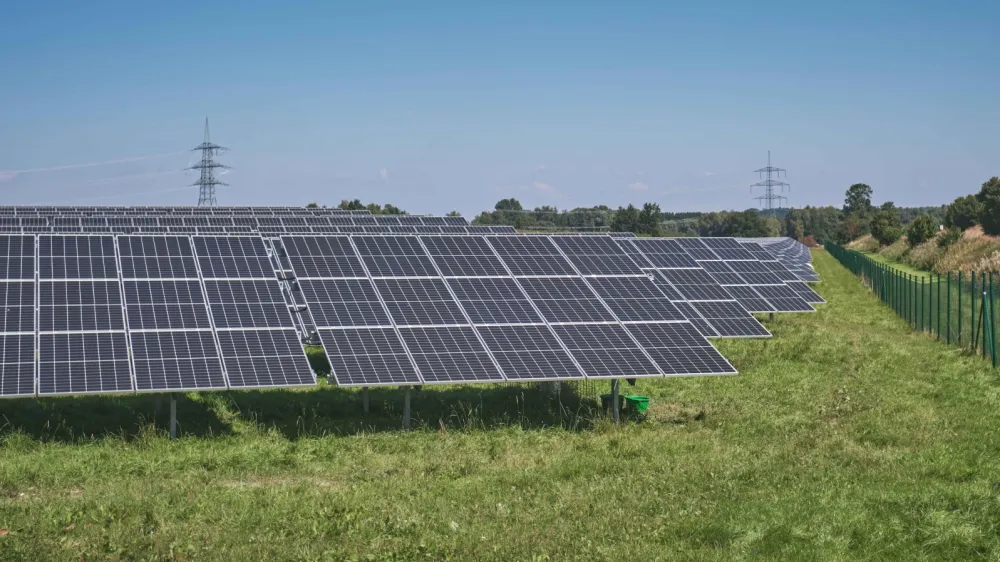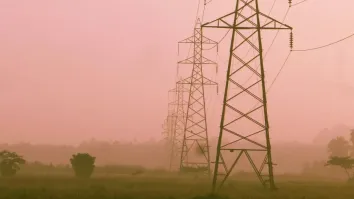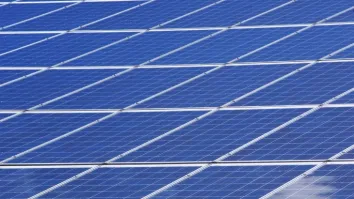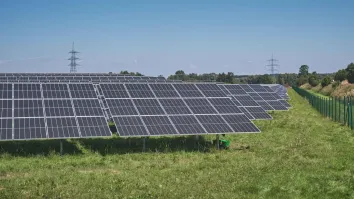
Is Asia ready for new nuclear power plants?
By John YeapThe future of nuclear power generation is in Asia.
According to World Nuclear Association, there are currently 41 reactors under construction across Asia, and over the next decade there are 98 reactors on order/planned with a further 221 proposed. Asia is therefore projected to be the home to the highest number of new build reactors in the coming decades.
However, is Asia ready to play such a potentially significant role? This paper considers some of the regulatory as well as practical aspects of nuclear power generation and shares some thoughts on the challenges that may have to be addressed or managed by stakeholders, be they governments, regulators, operators or vendors, if Asia is to play host to the anticipated increase in nuclear power generation.
What it takes to be nuclear ready
Nuclear power generation presents unique industry challenges. These challenges cover a broad spectrum including regulatory issues and practical considerations. As the industry globally pauses to consider the future role of nuclear power generation following Fukushima, this may be an opportune time for countries in Asia with nuclear new build ambitions to consider the issues that may have to be addressed if nuclear power generation is to be part of the energy mix.
Asia is of course a diverse region and different countries will have different challenges and are in fact in different stages of development with regards nuclear power generation. Nevertheless, it is possible to identify some generic issues that would apply across the region.
The International Atomic Energy Association's "Milestones in the Development of a National Infrastructure for Nuclear Power" sets out the guidelines of good practices that might be adopted by its member states seeking to develop nuclear power generation, and serves as a useful reference to highlight some of these generic issues.
Nuclear laws in place?
Nuclear, for all the obvious reasons, require proper regulation. Laws and regulations have to be implemented to cover areas such as the regulatory approvals for nuclear operators, the obligations of the operator with regards the operation and decommissioning of the facility, as well as the obligations of the operator with regards the management of the nuclear fuel cycle. Laws will also have to be implemented to govern the obligations and consequences of nuclear damage, including the meaning of nuclear damage, the parties responsible for such damage and also the obligations arising from trans boundary nuclear damage.
In Asia currently, the Nuclear Conventions generally have no application. As such, nuclear liability issues are regulated through national laws. According to the WNA, around 230 of the world's 440 operational reactors operate outside of the Conventions (including those in the US, India, China and Japan). It is possible for nuclear to be effectively regulated through national laws, rather than the Conventions.
However, there are some matters to be considered if Asia continues down the path of reliance on national laws. Some of these include the need for greater due diligence by operators and vendors on issues such as (1) the treatment of liability for third party damage, and (2) the consequences of trans boundary nuclear damage.
Third party damage - the Convention principle of channelization articulates a position that industry participants understand. National laws in Asia, whilst generally adhering to the concept of channelization nevertheless present some national variations that require operators and vendors to properly consider the risk consequences.
The nuclear industry for instance has noted with caution India's proposed Civil Liability for Nuclear Damage Act which appears to dilute the strict liability of the operator by providing the right of recourse to vendors in certain circumstances. China's Guo Han 64 (the 2007 Reply) similarly provides for some right of recourse, for instance where the contract with the vendor allows such recourse, or where a natural person has deliberately caused the damage.
Trans boundary damage – the Convention principle of unity of jurisdiction is also understood by industry participants. However, national laws have no cross border applications. National laws therefore cannot properly, by themselves, regulate trans boundary damage.
In the absence of the application of the Conventions, trans boundary issues can be addressed through (1) bilateral treaties between adjoining states, or (2) by providing in the national laws for the concept of reciprocity. By the concept of reciprocity, it essentially means that one country will afford the same legal provisions as those in an adjoining state provided that that state does the same.
This is how China seeks to deal with the issue of trans boundary damage. However, there is no definition as to how this concept of reciprocity would work but presumably it involves looking at whether the country where there is damage has a reciprocal provision to that in China.
Operators and vendors in Asia would therefore need to look at the laws and regulations of adjoining states to identify the extent to which liability arising in an adjoining state could give rise to liability to the operator or vendor.
Given that many nations in Asia are not large, the risk of air borne damage crossing national boundaries is a real risk.
Existence of an independent regulator?
It is an established tenet of nuclear law and regulation that there has to be independent regulation of the industry. There has to be a regulator that has the obligation and responsibility to independently discharge such regulatory functions as (1) licensing of operators, (2) carrying out inspections and assessments and (3) enforcing applicable nuclear regulations. Independence is required for various reasons, but paramount is probably the need for confidence in the industry by all stakeholders, including the general public as well as operators and vendors.
Within an Asian context, therein lies a potential challenge that is being discussed currently in some jurisdictions within the region, which is whether it is possible to have independent regulation. Independence is of course less about form, and more about substance. The fact that there is administrative oversight over the regulator, with reporting through to a government agency, does not necessarily mean it cannot be independent, and conversely a regulator that sits outside of government itself does not in itself ensure independence.
In any event, if we are to see more nuclear power generation across Asia, we have to see the implementation of a regulator with the following characteristics -
· That regulatory authority needs to be respected by industry stakeholders and trusted for its ability to exercise its functions properly, which calls for strong and capable leadership.
· That regulatory authority needs to be properly staffed with the necessary manpower with the requisite technical skills so that it could effectively carry out its obligations to inspect and assess nuclear power projects.
· It needs to be adequately funded for the same reasons.
· And, as we discussed earlier it has to be independent.
Due diligence on the regulatory regime is therefore of paramount importance for new operators and vendors, especially a jurisdiction that is building its first reactors. It would be unwise to assume that familiarity with the regulatory regime in ones home jurisdiction means the ability to manage regulatory issues in a new jurisdiction.
Some of the issues that we might want to ask and consider when considering a new regulatory regime might be as follows –
· The issue of independence – will there be a level playing field with an independent regulator? This involves looking at the way the regulator is set up and more importantly understanding how it would in fact exercise its regulatory function.
· Capability – is the regulator sufficiently staffed with capable people with the requisite technical skills to properly and effectively discharge its functions.
· Resources – likewise, does it have the requisite resources to carry out its functions.
· Language – when operating in a different language, consideration has to be given to whether there are risks of misunderstandings arising from different interpretations of regulatory requirements.
· The regulator’s rights – what are the regulator’s rights to influence or interfere construction, and who takes risks for any delays that may arise.
Can the procurement and construction process be managed?
New build projects, particularly in new markets, invariably mean the absence of an established local supply chain. It may also mean the lack of people with the necessary training for nuclear new builds. It may also mean the lack of a strong flow of future deals, particularly in smaller countries with limited reactor build out programme.
All these factors will raise issues on how the construction of a new build project is to be managed. For instance, in some countries with a limited reactor build out programme, it is unlikely that there will be much localisation of the supply chain. This would involve the importation of all that is required for the construction, including the necessary trained expertise required for the construction. This in itself raises risks where project management at site may be complicated by language differences between imported and domestic staff.
A key challenge that may be faced by operators and vendors into new Asian markets is safety. The power industry in general, but the nuclear power industry in particular, requires a strong safety culture. Yet, there is concern that in some parts of Asia there may not yet be the level of safety culture that may be required for the safe construction and operation of new build nuclear power plants.
Asia can be ready
There is a lot that needs to be done if Asia is to play its role as the home to the highest number of new build reactors over the coming decades. Ultimately, public acceptance of nuclear in much of Asia will be pivotal to the success of the industry in Asia. The need to address public acceptance means the need to address the issues set out above.
John Yeap, Partner, Pinsent Masons




















 Advertise
Advertise





